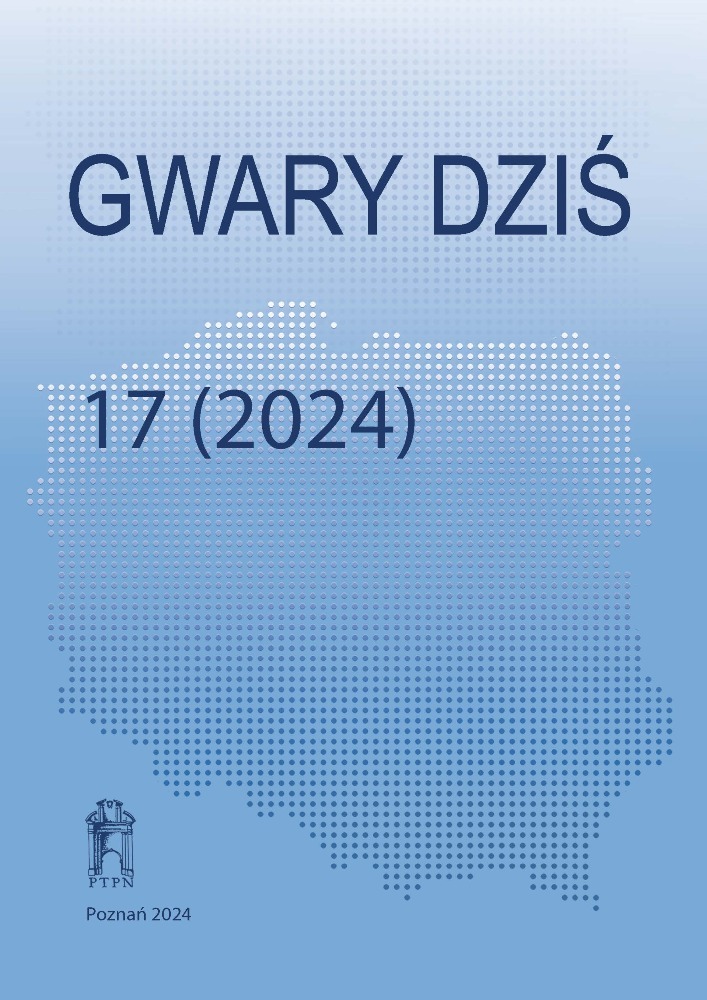O wiejskiej uczuciowości (na przykładzie nieoficjalnych
antroponimów mieszkańców gminy Babice w powiecie
chrzanowskim)
Rural emotionality (based on the example of unofficial anthroponymy of the inhabitants of
Babice commune in Chrzanów district)
Author(s): Beata ZiajkaSubject(s): Sociolinguistics, Stylistics
Published by: Uniwersytet Adama Mickiewicza
Keywords: unofficial anthroponymy; language of village inhabitants; folk culture;
Summary/Abstract: The aim of the article is to show the attitudes of village inhabi-tants towards displaying emotions within both marital and parental relationships. The study is based ona collection of 915 nicknames gathered in the years 2004–2020 in the rural commune of Babice, Chrzanówdistrict. The analysed onymic material was collected during informal conversations with representatives ofthe oldest and middle generations of the residents of the villages selected for the study. Each of the nick-names recorded was confirmed by different informants which testifies to their consistent use and, therefore,to permanent anthroponymy differentiation. In the analysis of the nicknames, use was also made of ex-cerpts from the residents’ statements not directly related to the names referred to but nevertheless provid-ing an important cultural context.Informal anthroponymy centred around a thematic field related to feelings indicates that the familyenvironment is the appropriate area for the affective-emotional activation of individuals. It is the familywhere the most intimate verbal behaviours reflecting the emotional intimacy of the members are expres-sed. However, feelings – very personal – should be a hermetic area of human life. The family shoulddefend its intimacy instead of making it public. The manifestation of emotions in too external forms isa blatant violation of the norm; this involves the interference of the rural micro-community in the lifeof a specific community, the verbal manifestation of which are acts of nomination, resulting in the cre-ation of unofficial anthroponymy. Affection is often connected with a sense of familial belonging whichis determined by blood ties. At the linguistic and cultural levels, nicknames play a special role in main-taining continuity of a family community and cultivating family traditions. In the context of the generaltendency to diminish the importance of a more general family, folk epithets have a peculiar function asa link between generations. Both the aspect of their permanence and the intergenerational integration towhich they contribute seem very important to forging family ties. As the analysis shows, the family isprotected by a certain taboo, so family members should not express opinions that refer to their own fa-mily. Both the glorification of one’s own emotions and the public escalation of negative emotions direc-ted towards relatives are inadvisable.
Journal: Gwary Dziś
- Issue Year: 17/2024
- Issue No: 1
- Page Range: 117-125
- Page Count: 9
- Language: Polish

